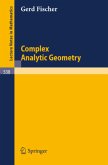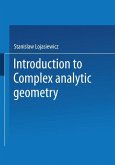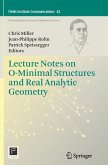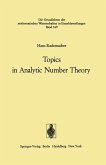Analytic geometry, also known as coordinate geometry, analytical geometry, or Cartesian geometry, is the study of geometry using a coordinate system and the principles of algebra and analysis. This contrasts with the synthetic approach of Euclidean geometry, which treats certain geometric notions as primitive, and uses deductive reasoning based on axioms and theorems to derive truth. Analytic geometry is the foundation of most modern fields of geometry, including algebraic geometry, differential geometry, and discrete and computational geometry, and is widely used in physics and engineering. Usually the Cartesian coordinate system is applied to manipulate equations for planes, straight lines, and squares, often in two and sometimes in three dimensions of measurement. Geometrically, one studies the Euclidean plane (2 dimensions) and Euclidean space (3 dimensions). As taught in school books, analytic geometry can be explained more simply: it is concerned with defining geometrical shapes in a numerical way and extracting numerical information from that representation. The numerical output, however, might also be a vector or a shape.
Bitte wählen Sie Ihr Anliegen aus.
Rechnungen
Retourenschein anfordern
Bestellstatus
Storno








